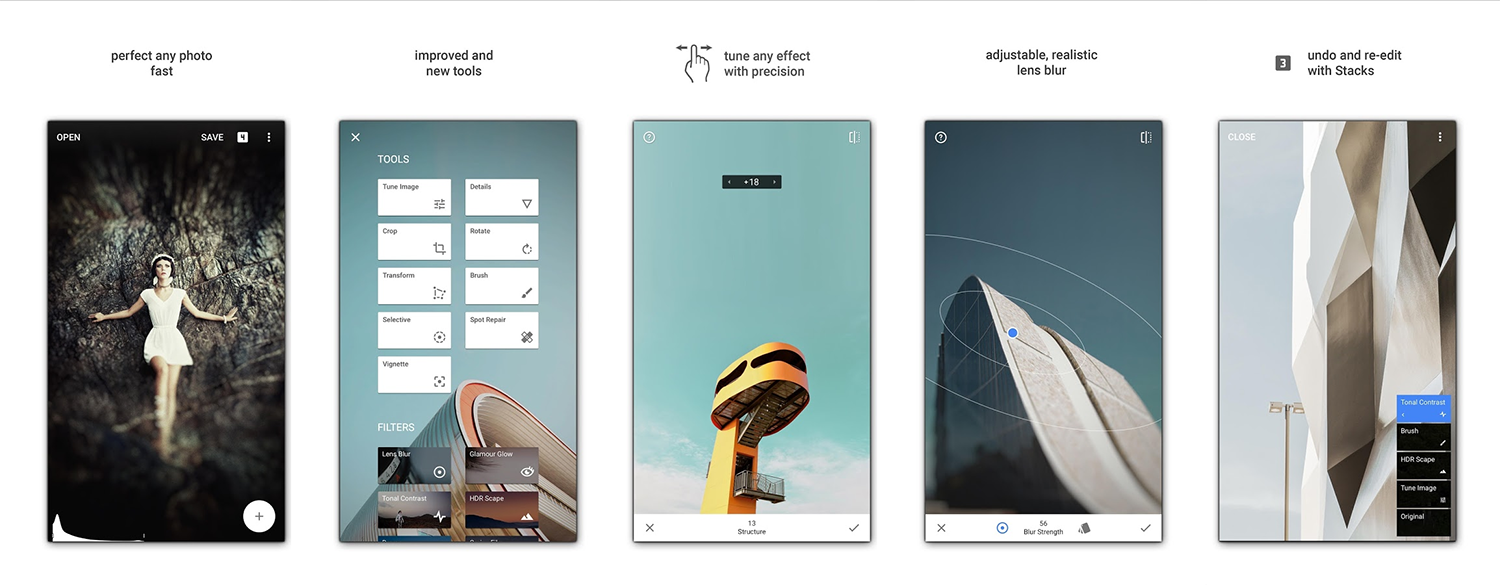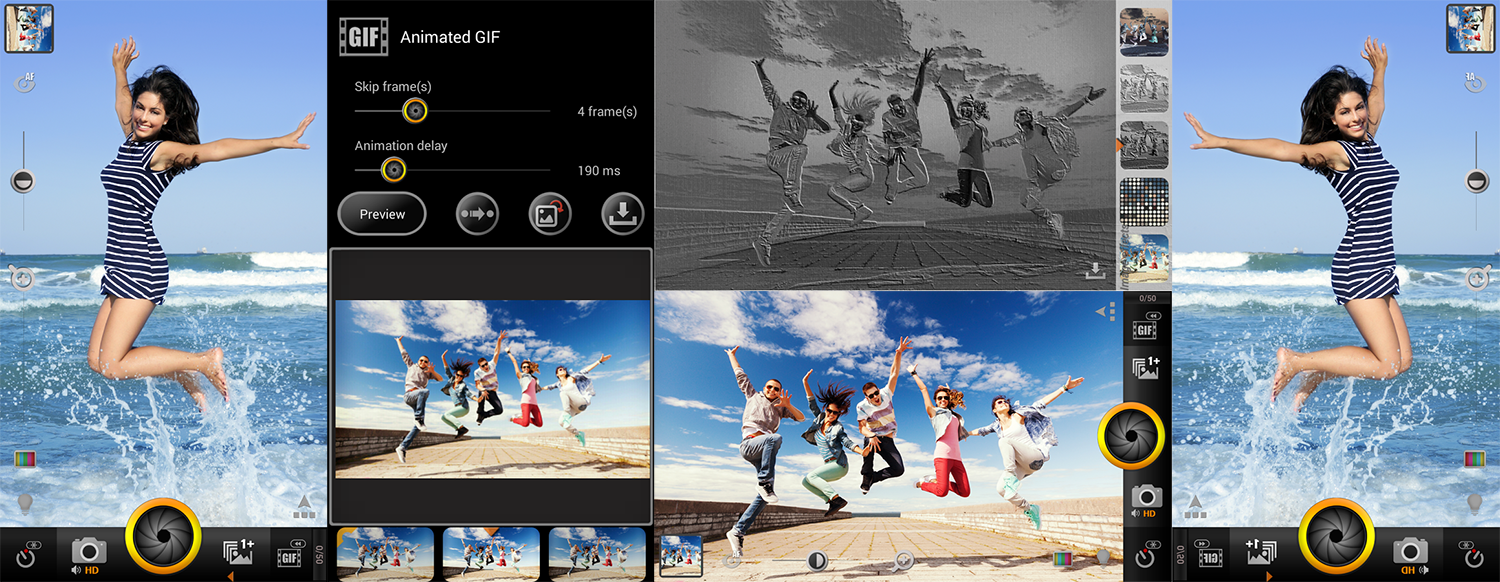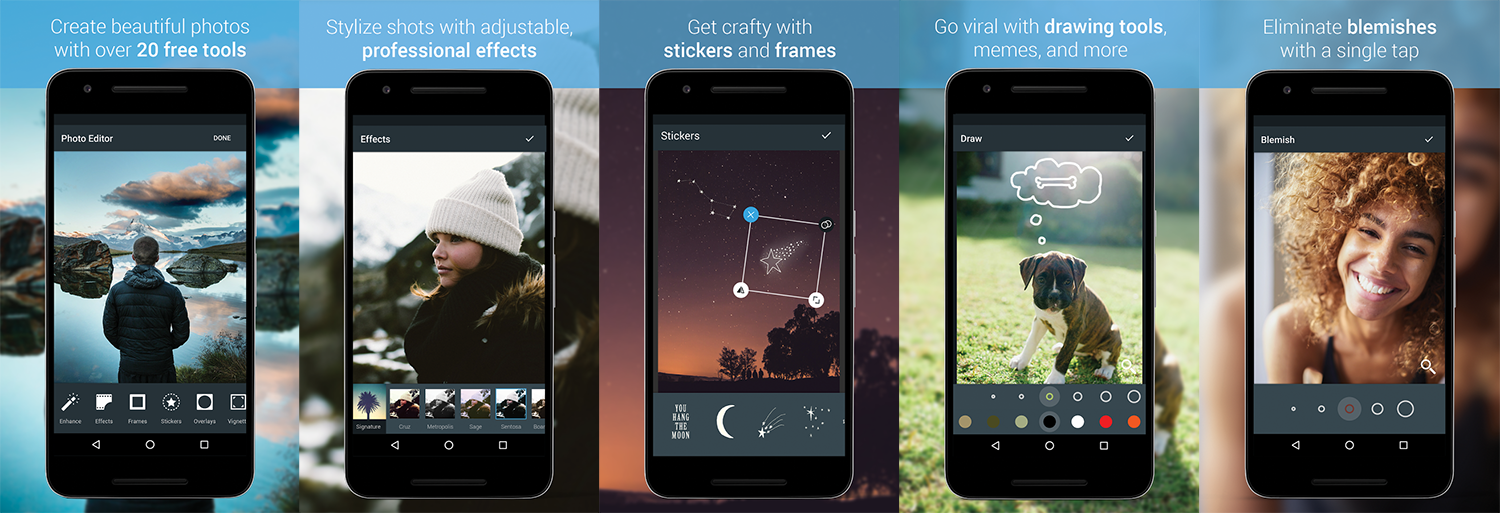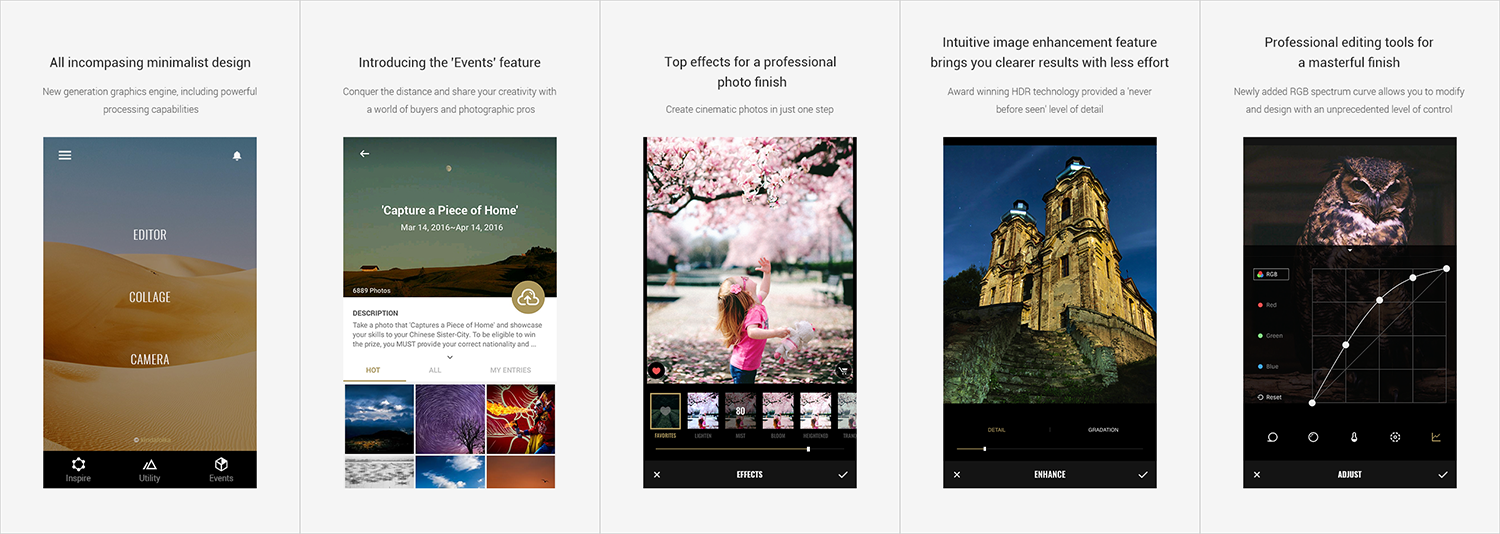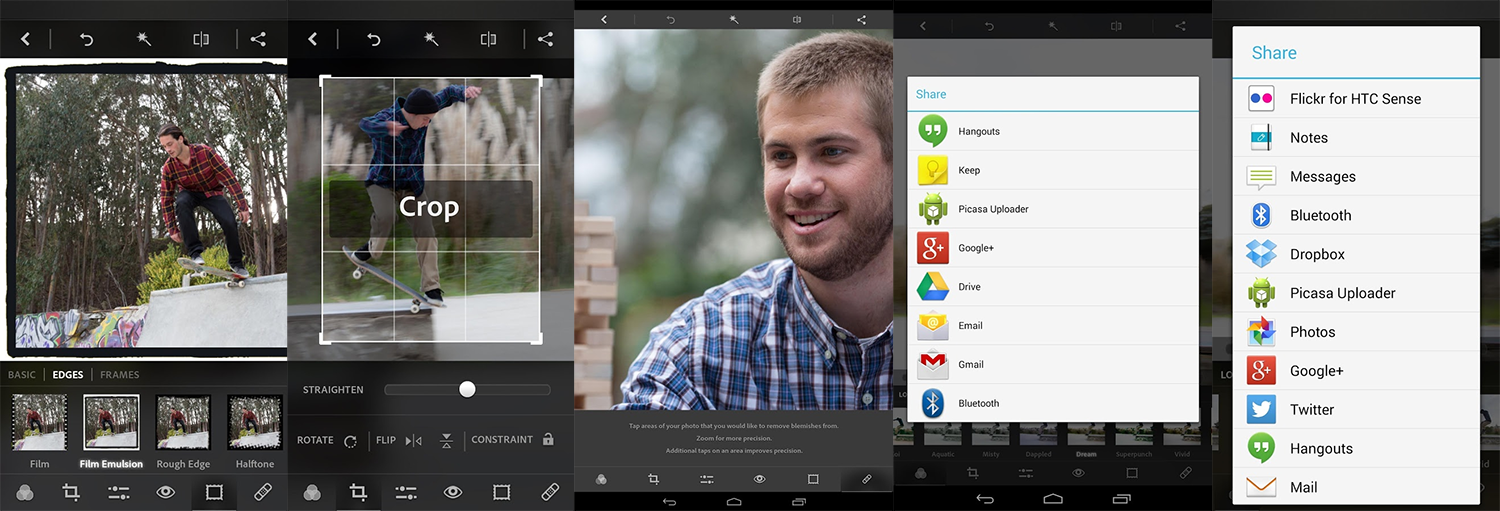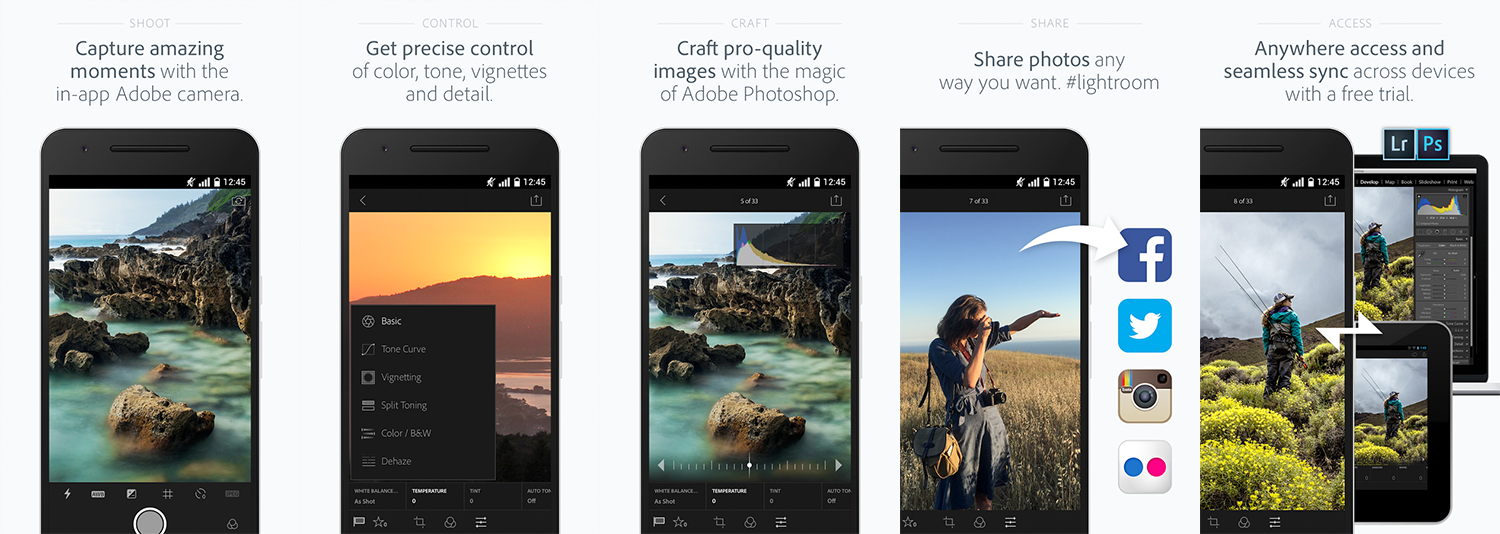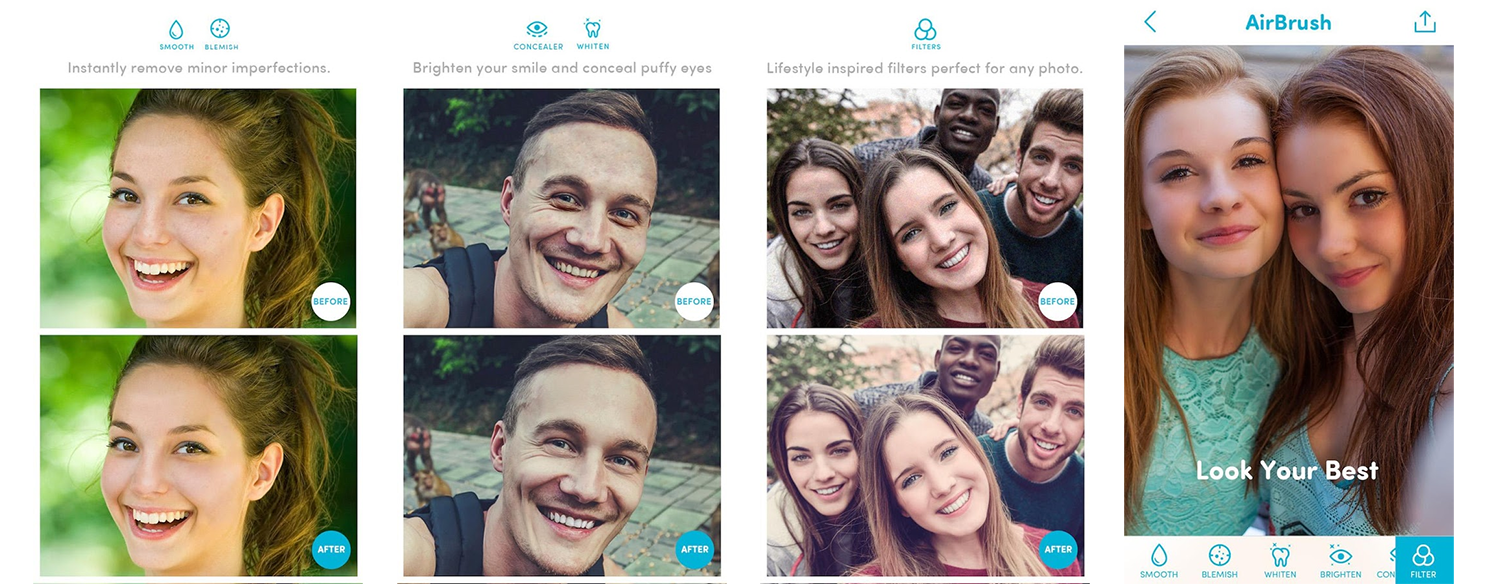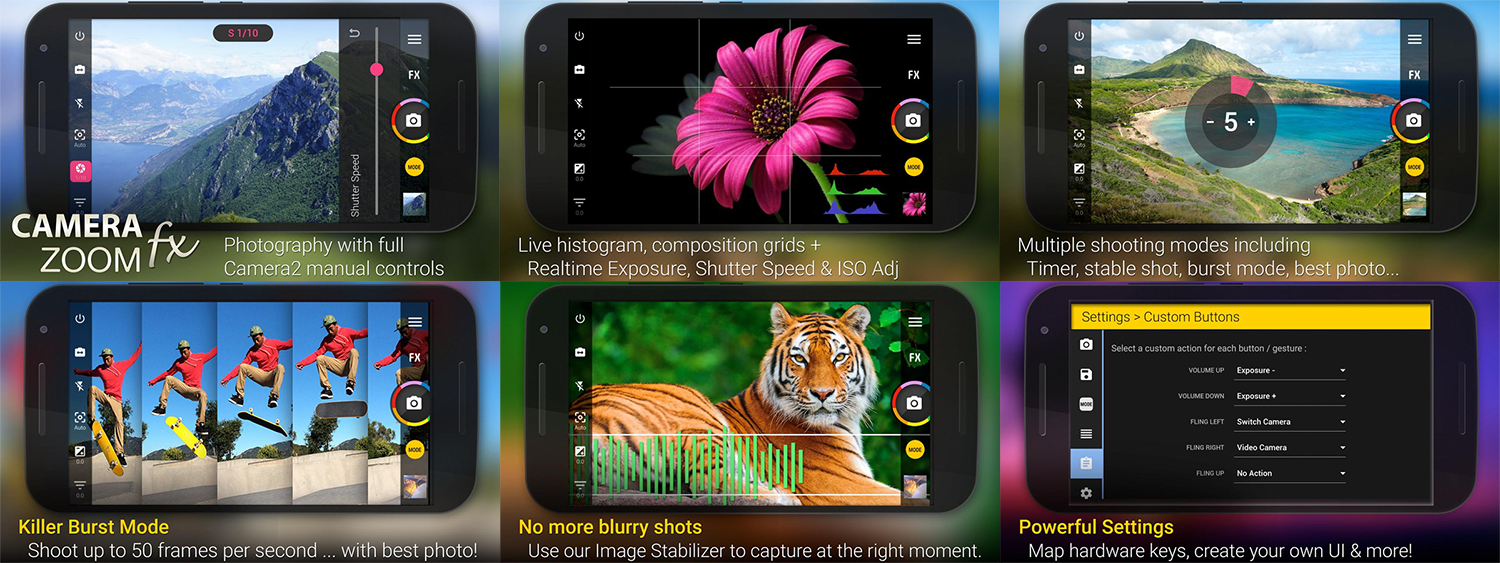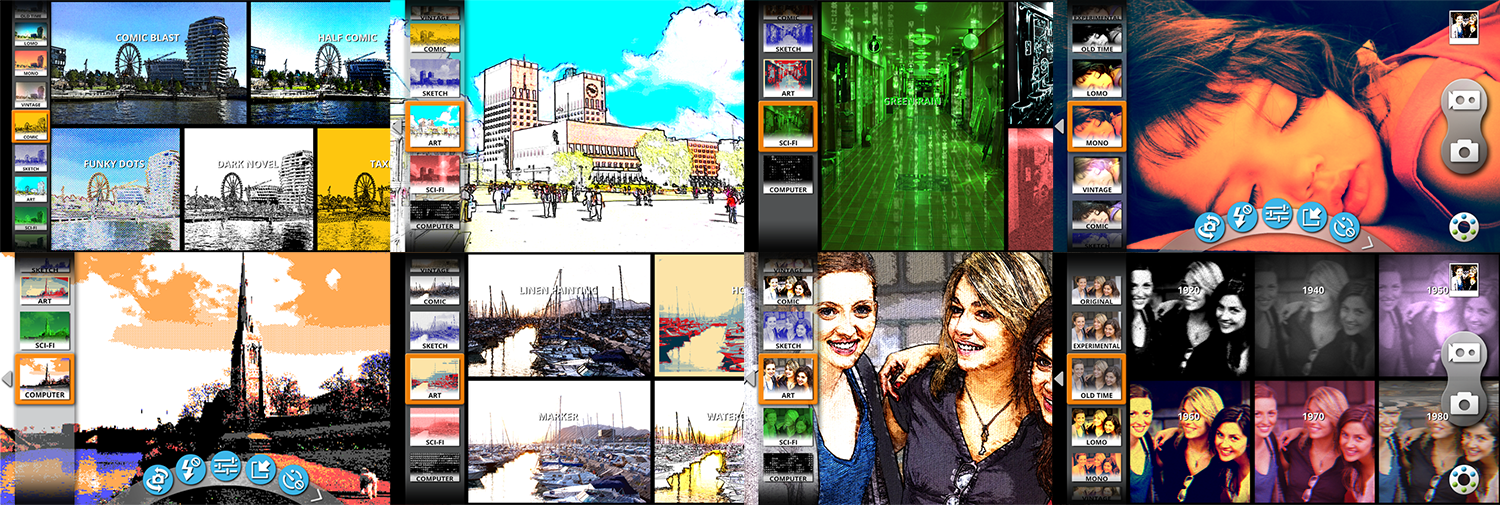Warning that the internet may have to be RATIONED because of soaring demand.

A capacity crunch is looming, says expert
Concerns that the UK faces a capacity crunch amid the boom of internet TV, streaming services and more powerful computers have been raised by expert in optical communications.
Professor Andrew Ellis, of Aston University, said existing cables could reach their data capacity within 8 years while power networks come under increasing strain as internet usage eats up more and more energy.
According to the Mail Online, he suggested the result could be higher internet bills, if internet firms responded by laying extra cables, or a cap on use of the internet.
Crisis, what crisis?
But an expert from telecoms giant BT has insisted the current infrastructure can cope now and that providers would come up with solutions as required.
“I don’t see a crisis in the internet – I don’t see a crunch coming. I can see that if you go to the extreme numbers you can break it, but of course you can always do that. You just have to wait long enough for it to break.
“Content delivery people are very creative and can find different ways around a problem,” said BT optical researcher Professor Andrew Lord, according to an ITV News report.
Soaring internet usage
The claims and counter claims come as a new report shows that internet usage has soared in the UK over the last decade both at home and elsewhere.
Close to nine in 10 adults now go online in any location – up from six in 10 in 2005 – with estimated hours spent online doubling to over 20 hours during this time, according to the study from media regulator Ofcom.
The non-users of the internet
But 14% of the adult population in the UK do not use the internet. Three in five non-users are aged 65 and over, according to Ofcom, while half of non-users also come from the DE socio-economic group.
And half of non-users said they do not feel there is any advantage to being online, although 22% said it would be useful to find information quickly from a prompted list. Some 11% said being able to stay in touch through free voice and video calls and sharing photos was an advantage. And 9% stated saving money by getting deals was an advantage of being online.
But 3 in 10 non-users have asked someone else to use the internet for them, for example to send an email, get information or make a purchase. And the Ofcom study found that one in 10 non-users say they will start to use the internet in the next year.
Related stories – click below
Goldfish Now Have Longer Attention Span Than Humans…
‘World could run out of hard drive space by 2020′
The End of the Traditional Driving Licence?





